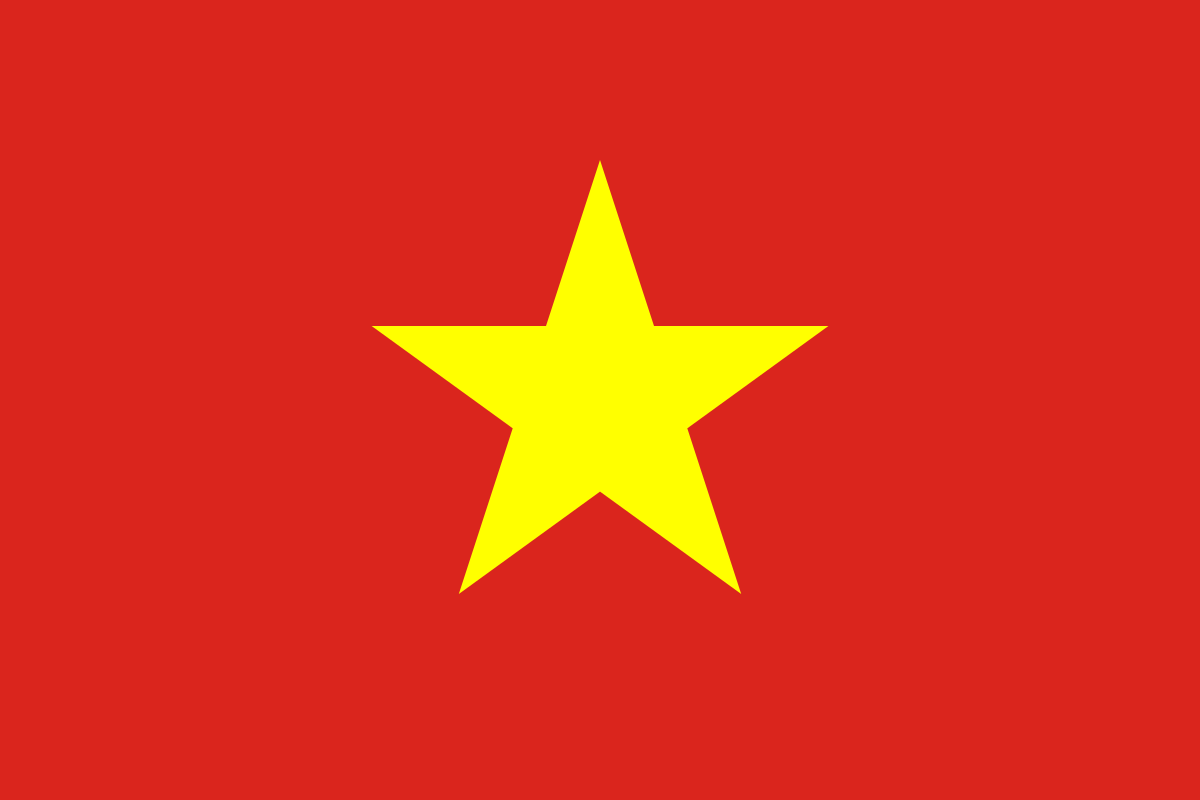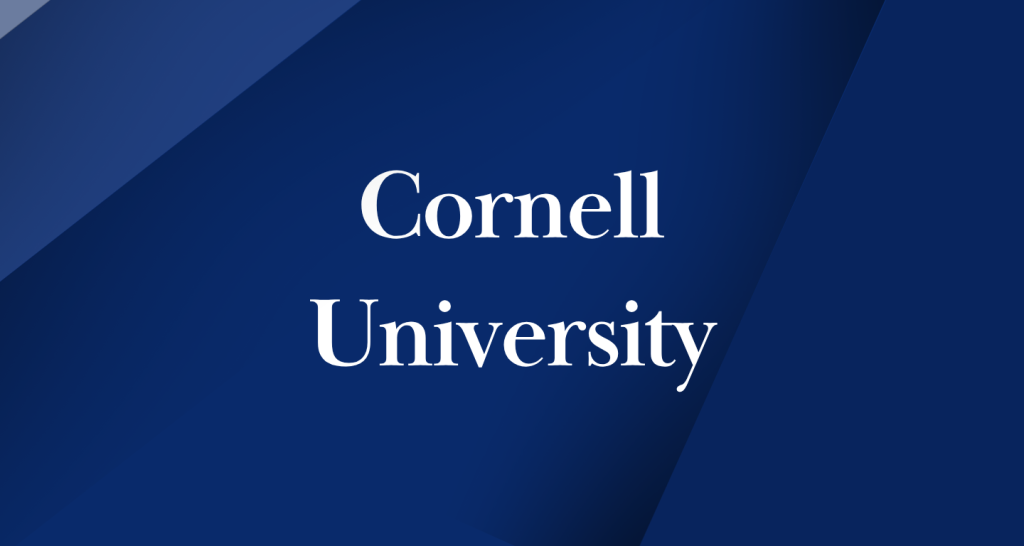Student Profile
Student Name: Barry
Admitted to: Cornell University
About Barry
Barry has consistently excelled in both academics and creative pursuits. He achieved nearly perfect scores in eight AP courses and also stood out in robotics and the arts.
His interest in computer science developed early. “I’ve always enjoyed programming and could dedicate myself fully to it, so CS felt like the right path for me,” he explained. Choosing a major wasn’t without its challenges. He knew the admissions process was competitive, but his artistic talents and creative projects helped him build a distinctive profile that showcased both his technical skills and his creativity.
Barry first became interested in Cornell while in junior high and kept the school in mind throughout high school. “Compared to programs at MIT or Stanford, Cornell’s Early Decision Computer Science program felt like a realistic goal,” he said. “I also wanted to stay on the East Coast. While I usually enjoy city life, Cornell’s quieter campus seemed like a place where I could focus on my studies.”
High school was a busy time for Barry, and balancing AP courses, extracurriculars, and college preparation required careful planning. In ninth grade, when his workload was lighter, he took the initiative to self-study AP Physics 1. By tenth grade, he had built the skills and discipline to take on additional self-study AP courses, including Microeconomics, Macroeconomics, Calculus, Biology, and Physics C, allowing him to challenge himself academically while staying on top of his other responsibilities.
In 11th grade, Barry joined his school’s robotics team as a programmer, dedicating significant time to projects while keeping up with his coursework. In twelfth grade, he shifted his focus to preparing application materials, all while staying on track with classes.
Even with an early SAT score of 1540, Barry found the application process challenging, particularly when it came to essays. “I’m not naturally strong at writing or speaking, so figuring out what to say took a lot of time,” he explained. Balancing school, extracurriculars, and applications was another challenge. A Stanford summer program he had been accepted to moved online due to the pandemic, creating conflicts in his schedule and requiring careful planning.
Barry realized that rather than spreading himself too thin with programming competitions, he could make his application stronger by combining his technical work with creative art projects.
Art has always been one of Barry’s passions. Rather than focusing on a single theme, his portfolio reflects his creative thinking and his understanding of color and design. His early works were realistic and documentary in style, while his later pieces incorporated technological elements to explore the idea of “the coexistence of art and technology.” Barry explained, “My portfolio shows why I love art and how it connects to my thinking and creativity.”
How Ivy Talent Helped
Barry credits Ivy Talent with helping him navigate the application process from start to finish. “The biggest support came in two areas,” he said. “First, my essay consultant guided me patiently when I wasn’t sure what to write. She helped me connect my art to my personal story in a way that felt genuine and true to who I am. Second, the consultants reviewed every part of my application carefully and offered feedback throughout the process. They reminded me of deadlines and helped me stay organized, which made the whole process much more manageable.”
The Ivy Talent team also encouraged Barry to think beyond academics. While he was already strong in his coursework, his mother wanted him to discover and highlight other strengths. With their guidance, he reflected on his interests and experiences, shaping an application that showcased both his skills and his personality. He was suggested to consider how his personal interests could create a broader impact. The team prompted him to ask questions like, “How can your skills in AI and robotics benefit your community?” This perspective led him to explore ways to apply his hobbies beyond the classroom. By taking on projects that connected his technical skills to real-world challenges, he developed leadership abilities, collaborated more effectively with peers, and made full use of his school’s resources. These experiences allowed him to highlight not only his talents but also his initiative and commitment to contributing to the community.
The essay process was particularly intensive. Barry admitted he struggled at first, but with Ivy Talent’s guidance, he revised his essay nearly 15 times. The final version showcased his values of equality and respect through his art, highlighting his unique combination of creativity and technical skill.
Reflection
Barry has advice for students preparing for competitive programs. He emphasizes the importance of starting early. “Begin as soon as possible, whether it’s preparing for standardized tests or exploring extracurricular activities. If you can, consider self-studying AP courses in ninth and tenth grade. Starting projects early gives you time to develop your ideas fully and see them through,” he said.
He also highlights the value of communication. “Engage actively. Let your teachers know the kind of student you are and what you hope to achieve. Their support can make a big difference,” he explained.
Barry’s experience shows that careful planning, balancing academics with extracurricular pursuits, thinking creatively, and seeking guidance tailored to your strengths can make even highly competitive programs achievable. By approaching the process thoughtfully and proactively, future students can maximize their opportunities and set themselves up for success.
 中文
中文 Tiếng Việt
Tiếng Việt




